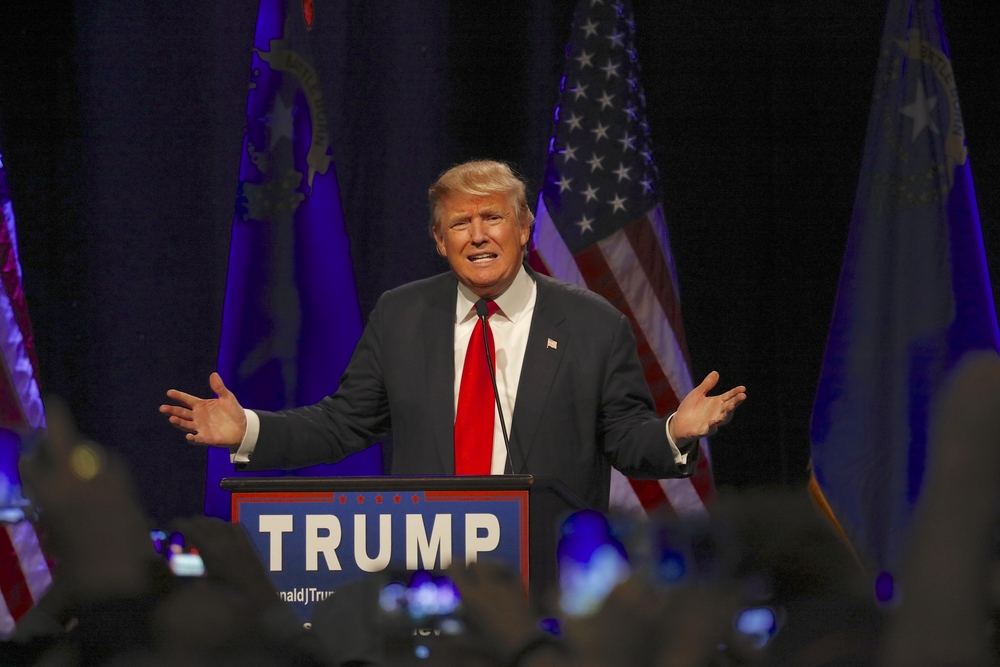Former US President Donald Trump’s efforts to move the criminal case filed against him by Manhattan District Attorney Alvin Bragg from a New York state court to a federal court have been denied. As a result, Trump will face trial on March 25, 2024, in a New York Supreme Court, where he has pleaded not guilty to 34 counts of falsifying business records.
US District Judge Alvin Hellerstein, presiding over the case, ruled against Trump’s request, finding that the conduct charged by District Attorney Bragg was not related to any official acts performed by or for the President under color of his presidential duties. Additionally, Trump failed to demonstrate a colorable federal defense to the indictment.
The legal battle began when Trump filed a motion on May 4 to transfer the case to federal court, arguing that the charges should be heard there because the alleged criminal acts occurred during his time as President. He cited 28 U.S.C. § 1442(a)(1), which allows for the removal of state criminal prosecutions against US officers for actions taken in their official capacity to be moved to a federal district court.
See also: Federal Judge Rejects Donald Trump’s Request for New Trial in E. Jean Carroll Case
Trump also claimed immunity under the Supremacy Clause of the US Constitution, which prohibits states from interfering with the federal government’s exercise of constitutional powers. He contended that his actions were taken in his capacity as President to separate his personal business from official duties. Furthermore, he argued that “protective jurisdiction” should be exercised by the federal court, alleging that Bragg brought the charges against him due to disfavoring his acts and policies as President.
However, Judge Hellerstein thoroughly analyzed Trump’s arguments and concluded that the evidence did not support transferring the case to federal court. He dismissed Trump’s claims that the alleged criminal actions were related to his official duties as President, stating that hush money paid to an adult film star was not reflective of presidential official acts.
The criminal case led by Manhattan District Attorney Alvin Bragg accuses Trump and his allies of orchestrating a scheme to conceal damaging information related to adult film star Stormy Daniels during the 2016 presidential election. The charges span from August 2015 to December 2017. On April 4, Trump entered a not-guilty plea to 34 counts of “falsifying business records in the first degree” in a Manhattan courtroom.
In addition to Bragg’s case, Trump faces two federal cases brought by Department of Justice Special Counsel Jack Smith. The first case involves 37 criminal counts in a Florida federal court, alleging wrongful retention and concealment of classified documents. In the second case, Trump revealed on Tuesday that he received a letter from Smith indicating potential federal criminal charges related to his actions during the 2020 election and the January 6, 2021, Capitol riot.
Moreover, there is a possibility of another criminal case in Georgia concerning Trump’s actions during the 2020 election. Fulton County District Attorney Fani Willis has initiated a grand jury investigation to determine whether Trump should be indicted for alleged election interference in the state.
With the federal court’s denial of Trump’s motion to transfer the criminal case to federal jurisdiction, the stage is set for a significant New York Supreme Court trial. The legal proceedings will play a crucial role in determining Trump’s legal accountability for the charges of falsifying business records. As the trial date approaches, the public awaits the outcome of this high-profile legal battle that could have far-reaching implications for the former President.
Don’t be a silent ninja! Let us know your thoughts in the comment section below.

